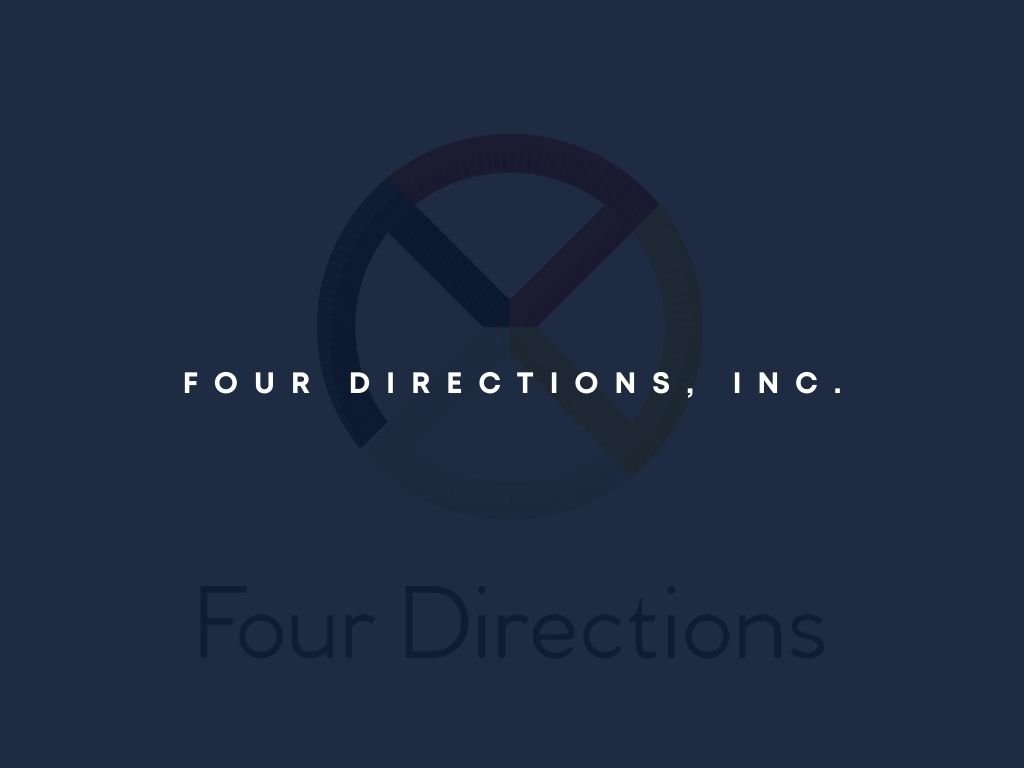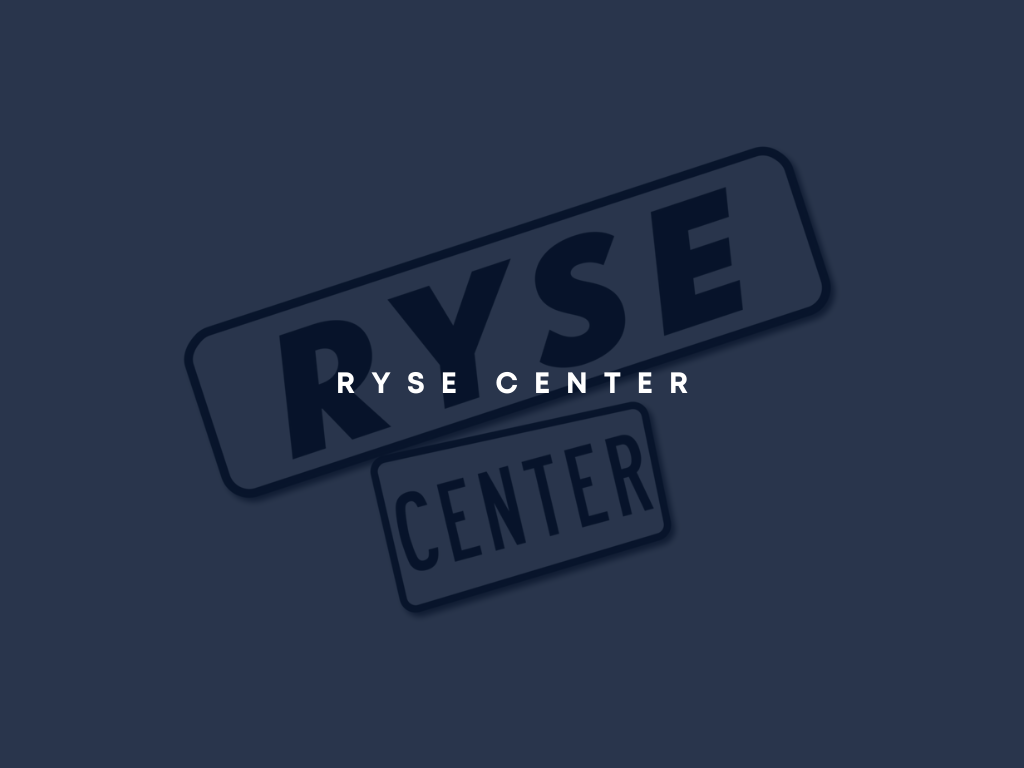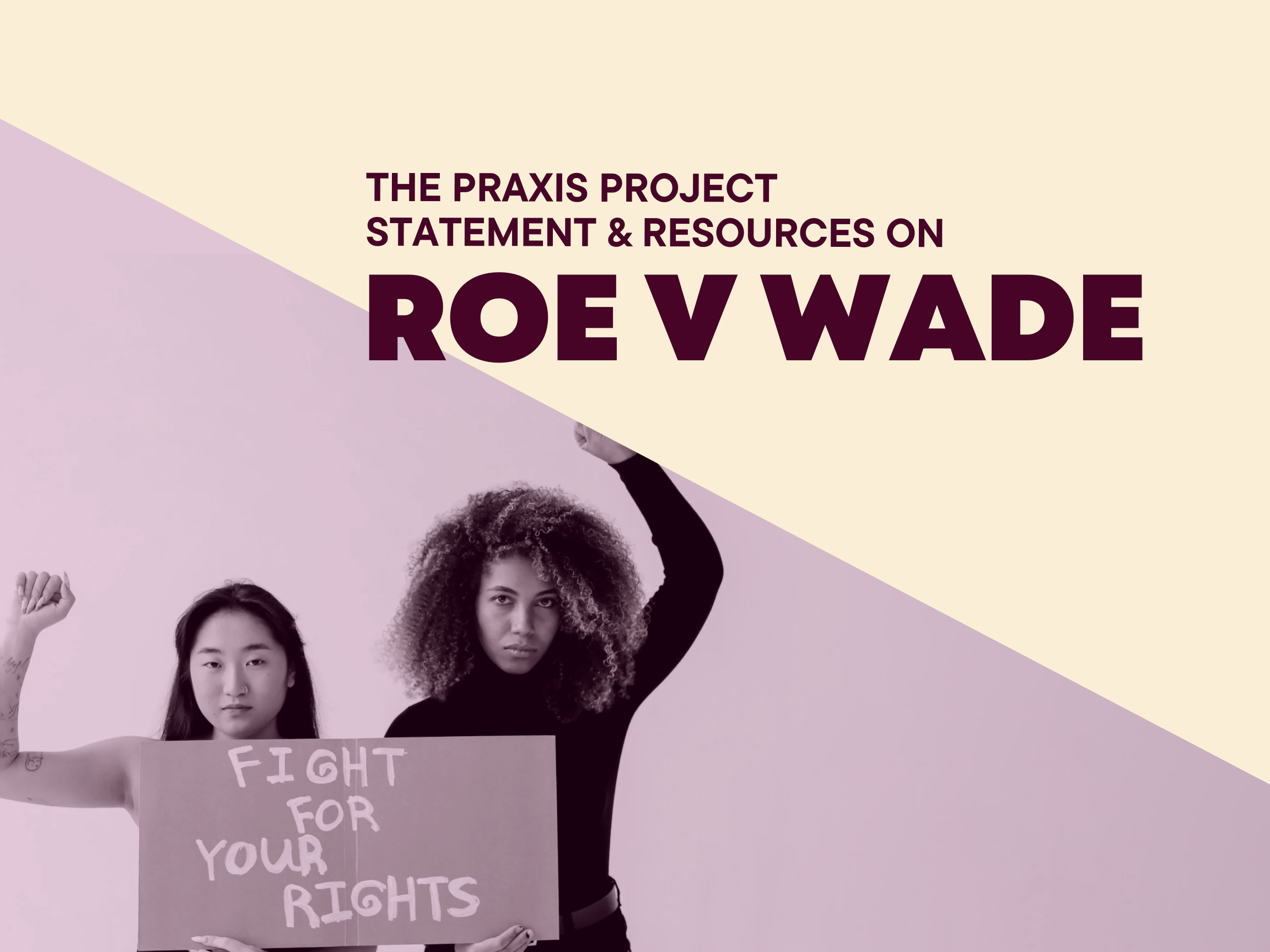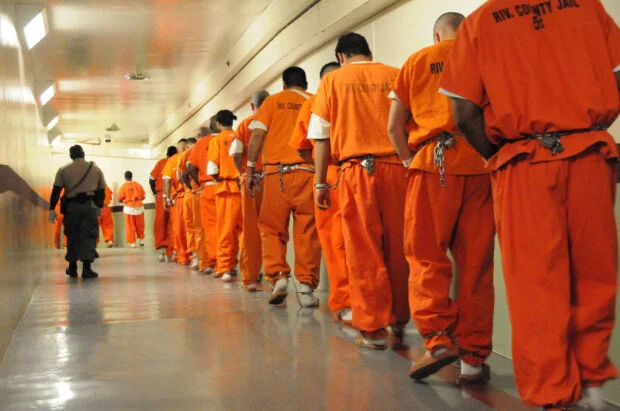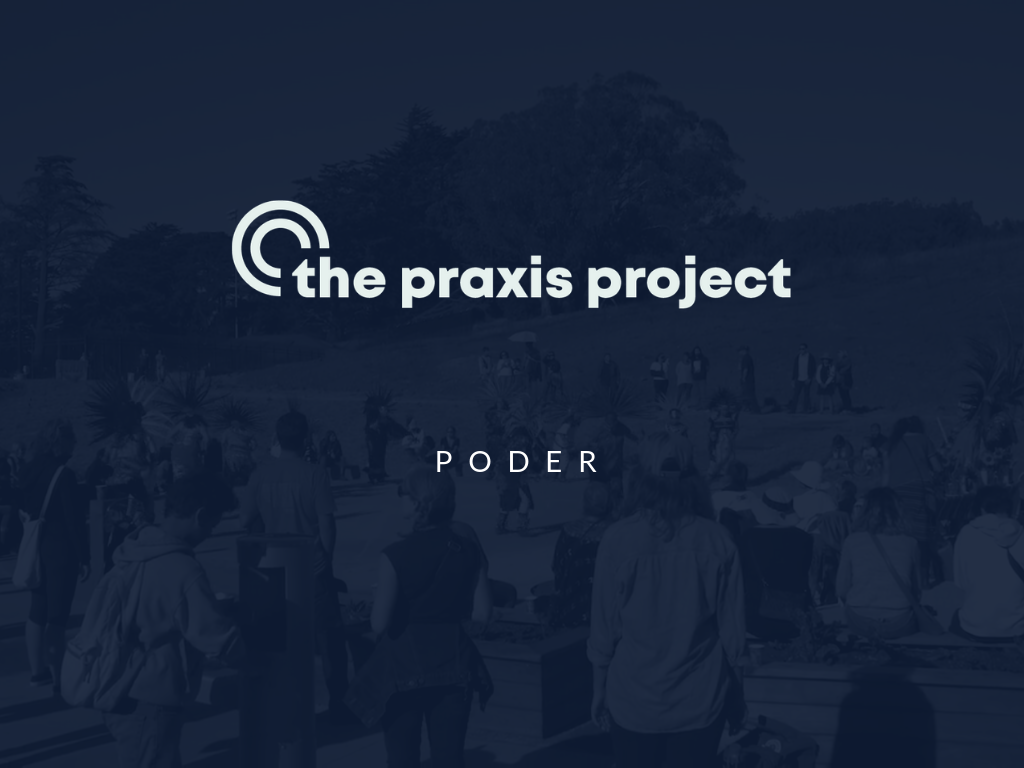(In)justice System*
*Praxis acknowledges the range of terminology that is used to reference our (in)justice system (“justice” system, criminal legal system, criminal justice system, carceral system, etc.). Institutions that operate within this system extend beyond legal entities, such as mental health services and community supports. We are using the phrase “(In)justice System” to describe our current state, and “Fair and Unbiased Justice System” to describe our vision for justice.
Working towards a truly fair and unbiased legal system requires a recognition of the ways racism (particularly anti-Blackness), capitalism, and cisheteropatriarchy[1] are deeply embedded in the historical and continued violence of the (in)justice system. This system not only frequently fails to provide true accountability and justice for Black and Brown, undocumented, LGBTQ+, and low-income folks, but is often an active site of harm for these community members. Creating an equitable and liberatory system of justice requires both the dismantling of the prison industrial complex and generating new forms of safety and accountability that are non-carceral, non-punitive, and rooted in communities themselves.[2] [3] Moving towards fairness within the legal system necessitates eradicating disproportionately punitive policies, encouraging the health and rehabilitation of individuals that have been impacted by mass incarceration, and ending the privatization of prison facilities, including immigrant detention centers. It also includes efforts for decarceration (strategies that reduce the prison population) such as ending pretrial detention, closing unsafe prisons/jails, and decriminalizing certain behaviors—including but not limited to drug use, sex work, mental illness, and survivor self-defense.
A fair and unbiased justice system is critical for advancing health and health equity. Foremost, jails and prisons are often overcrowded, unsanitary, and toxic. Combined with poor nutrition; lack of ventilation; enforced idleness; and the impact of violence, trauma, and solitary confinement, incarceration can have long-term negative effects on health.[4] Furthermore, exposure or proximity to the (in)justice system in the form of stops, arrests, and incarceration have shown to result in lower physical, mental, social, and well-being as well as lower overall life evaluation.[5] As a whole, the existing legal system is a tool to control and disempower historically oppressed communities and threatens the livelihoods of these communities by denying them true safety, agency, and justice. Communities who are terrorized by this system recognize the need for transformative community-based approaches to accountability and safety.
While the United States’ legal system has been under great scrutiny in recent years, community organizers have been advocating for a fair and unbiased justice system for decades. Organizers are calling for the divestment and redistribution of funds from law enforcement towards counseling, mental health services, and other community programs instead. Coalitions have successfully shut down local juvenile hall facilities, and have worked to release youth from prison. Basebuilding organizers are providing education and advocacy for youth at disciplinary and youth court hearings, and community members are serving on local Police Reform Coalitions. Organizers are ultimately working towards accountability and divestment from a presently unjust system.
DISPARITIES AND STATISTICS
Race and Ethnicity:
The US has the largest criminal legal system in the world and has the highest incarceration rates compared to nearly every other nation in the world. African Americans are incarcerated in state prisons at a rate that is 5.1 times the imprisonment of whites, and in 5 states the disparity is more than 10 to 1. Though the reliability of data on ethnicity is not as strong as it is for race estimates, the Hispanic population in state prisons is as high as 61% in New Mexico and 42% in both Arizona and California. In an additional seven states, at least one in five inmates is Hispanic.[6]
Present day police forces originated as slave patrols to control and surveil Black folks. The continuation of white supremacy and class oppression inherent to policing is clear in the disproportionate violence faced by Black communities at the hands of law enforcement. Black folks account for less than 13 percent of the U.S. population, but are killed by police at more than twice the rate of white Americans. Nearly five Black people, on average, have been killed a week by law enforcement since 2015.[7] There is no justice in a system that executes its citizens and community members without consequence.
Socioeconomic Status:
In many jurisdictions in the United States, people who are arrested and do not have money to pay bail are jailed while awaiting trial. Seventy percent of people in local jails are being held pretrial. Many of those detained pretrial are kept solely because they are too poor to pay, and most people who are unable to meet bail fall within the poorest third of society.[8] Pretrial detention interferes with employment, payment of bills, and caregiving, and can inflict extraordinary psychological damage, perpetuating a cycle of poverty, economic instability, and poor health outcomes.

